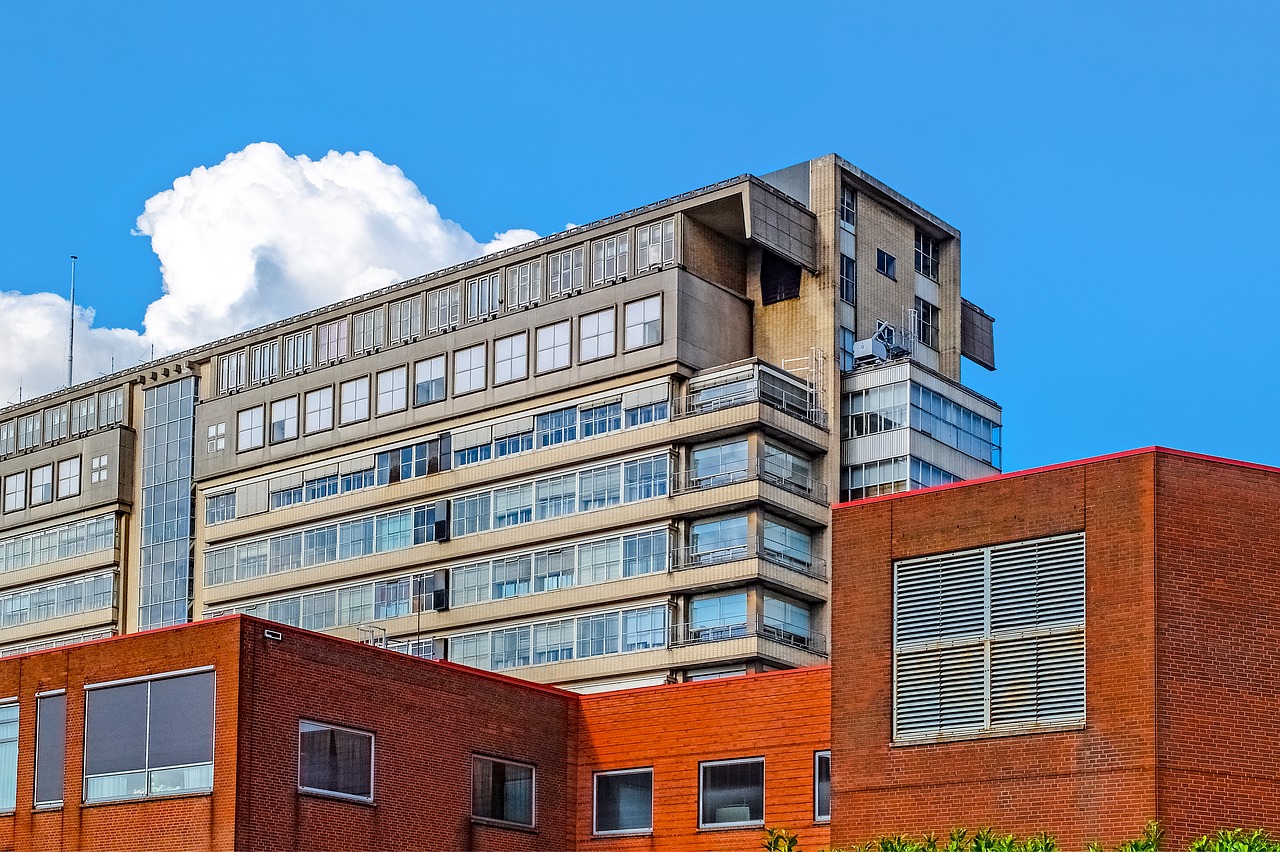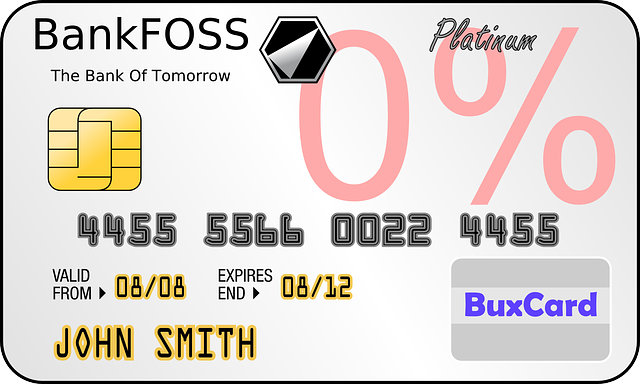As an IMG (International Medical Graduate), I had to research and speak with a lot of people to understand a different kind of work schedules during residency. Familiarize with the basic work schedule terminology during residency is quite important. It will help you to understand how will your life as a resident be and how to compare the workload in the different programs that you are interested in. If you are feeling confused by terms such as on-call, night shift, moonlight, float system, and others, please, read this post that can help you solve all those doubts.
Basic work terminology during residency to understand:
1. On-call: Regardless of the total hours that you will work, being on-call means that you will spend an entire day and night until the next day at the hospital. It can be a short or long call. The short call is usually until 8 pm, 9 pm or close. The long call is usually more than 24 hours. It can also be home -call or house-call (in-house always means at the hospital). Home-call means that you can go home and attend calls and beeper calls from home. In-house-call means that you need to stay at the hospital.
2. Day or night shift: It is common during training programs like emergency medicine. What it means is that you will work on a predefined schedule, typically 12-hours long. For example: from 7 am to 7 pm, or 7 pm to 7 am. This can continue for months depending on the particular schedule of the residency program. However, in most cases, it also demands some daytime duties and it continues like that throughout the total residency length.
3. Night float: This is a kind of new work system. In this context, a resident must cover the night shift every night, for example: from 7 pm to 7 am, six days a week, usually for a maximum of 1 month. No daytime work duties are needed. This helps reduce the duty hours of the residents working during the day, maintaining an adequate patient followup since night float residents know the patients that they see every day. Consider it to be like a rotation during your residency.
4. Moonlight: In simple terms, it means working as an independent physician outside of the residency program. Moonlighting can be external when working outside of the scope of the program, and internal when you work inside the hospital as a provider. Every program has its own regulations, and not all of them will approve moonlighting.
I hope this simple but at the point post has helped you to better understand the basic work terminology during residency. For acquiring information about a specific program regarding the work schedule during residency, please visit the program’s website or research it using the AMA FREIDA Database. Please, leave your comments below to further expand our discussion or give your own experience so that we can all learn. Thank you for visiting our website.
Continue to:
- Aortic Stenosis Severity Classification - 09/22/2020
- Carboplatin (Paraplatin) - 04/07/2019
- How to test for Vitamin D deficiency? - 09/29/2018






